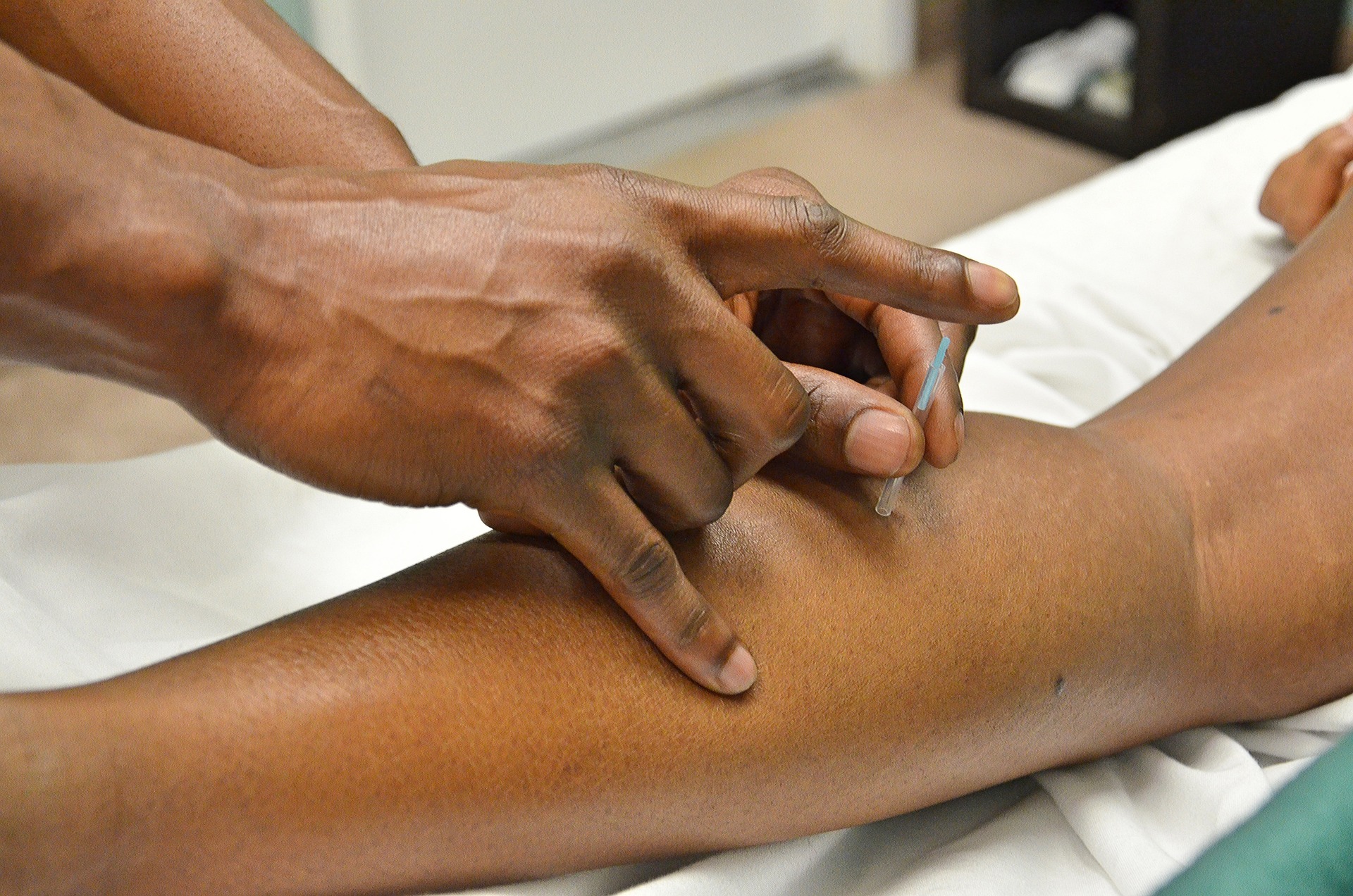A Beginner’s Guide to Acupuncture: Understanding the Benefits and Techniques of this Ancient Practice
Acupuncture is a form of traditional Chinese medicine that has been practiced for over 2,000 years. The practice involves the insertion of fine, sterile needles into specific points on the body to stimulate healing and improve overall health. While acupuncture may seem like a daunting or even painful experience to some, it has been proven to be a safe and effective form of natural healing for many people.
In this beginner’s guide to acupuncture, we will take a closer look at what acupuncture is, how it works, and its many benefits.
What is Acupuncture?
Acupuncture is based on the principle that our bodies have an energy, or “qi,” that flows through channels, or “meridians.” These meridians correspond to different organs and systems in the body, and an imbalance or blockage in the flow of qi can lead to physical and emotional problems. The goal of acupuncture is to restore the balance of qi and improve overall health.
During an acupuncture session, a practitioner will insert fine, sterile needles into specific points along the meridians to stimulate the flow of qi and promote healing. The needles are usually left in place for 15-30 minutes and are often accompanied by gentle heat therapy, manual manipulation, or low-level electrical stimulation to enhance their effectiveness.
How Does Acupuncture Work?
Acupuncture works by stimulating the body’s natural healing abilities and regulating the flow of qi. By inserting needles into specific points, an acupuncture practitioner can improve blood flow, release endorphins, and stimulate the immune system, which can all lead to improved physical and emotional health.
In addition to its physiological effects, acupuncture also has a psychological component. Many people find that acupuncture can help to relieve stress and anxiety, which can have a positive impact on their overall well-being. In some cases, acupuncture can also help to relieve symptoms of depression and other mental health conditions.
The Benefits of Acupuncture
Acupuncture has been used to treat a wide range of physical and emotional conditions, including:
1. Pain management:
Acupuncture has been found to be particularly effective in treating chronic pain conditions such as low back pain, neck pain, and osteoarthritis.
2. Stress and anxiety:
Acupuncture has been shown to reduce stress and anxiety by balancing the nervous system and promoting relaxation.
3. Insomnia:
Acupuncture has been found to be effective in treating insomnia by promoting relaxation and improving sleep quality.
4. Digestive issues:
Acupuncture can be effective in treating digestive problems such as irritable bowel syndrome (IBS), acid reflux, and constipation.
5. Reproductive Issues:
Acupuncture can help to regulate menstrual cycles and relieve symptoms of menstrual pain and premenstrual syndrome (PMS).
6. Allergies:
Acupuncture can help to relieve symptoms of allergies and improve overall immune function.
7. Addiction:
Acupuncture can help to reduce cravings and improve overall health for people struggling with addiction.
8. Chronic Fatigue:
Acupuncture can help to improve energy levels and reduce symptoms of chronic fatigue.
9. Skin Issues:
Acupuncture can help to improve skin health and reduce symptoms of skin conditions, such as acne and eczema.
10. Headaches and migraines:
Acupuncture has been shown to reduce the frequency and severity of headaches and migraines.
11. Women’s health:
Acupuncture can be effective in treating menstrual pain, infertility, and menopause-related symptoms such as hot flashes and insomnia.
Who Can Benefit from Acupuncture?
Acupuncture is safe and effective for people of all ages, from children to seniors. It is a low-risk and non-invasive form of healing, making it an excellent option for people who are looking for an alternative to traditional Western medicine.
What to expect during an acupuncture session
During a typical acupuncture session, you will lie down on a comfortable table while the acupuncturist inserts thin needles into specific points on your body. The needles are left in place for 15-30 minutes while you rest and relax.
The number of needles used and the length of the session will vary depending on your specific health concerns and the practitioner’s assessment. In general, acupuncture is a safe and painless procedure, and many people report feeling relaxed and refreshed after a session.
Preparing for your acupuncture session
Before your acupuncture session, it is a good idea to wear comfortable, loose clothing that allows easy access to the points on your body where the needles will be inserted. You may also want to eat a light meal beforehand to avoid feeling dizzy or nauseous during the session.
It is also important to communicate with your acupuncturist about any health conditions, medications, or supplements you are taking, as some may interact with acupuncture or affect the effectiveness of the treatment.
Finding an acupuncturist
If you are interested in trying acupuncture, it is important to find a qualified and experienced practitioner. Look for an acupuncturist who is licensed by your state or country and who has received training from.



Comments